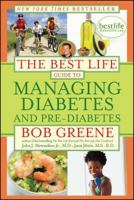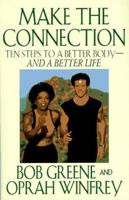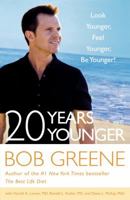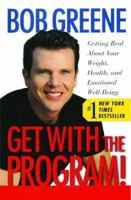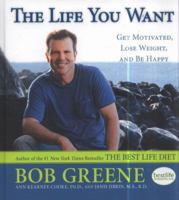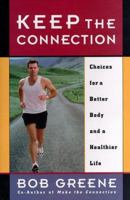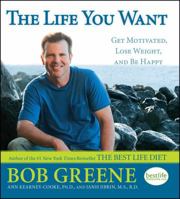20 Years Younger Daily Journal: Your Day-By-Day Companion
In 20 YEARS YOUNGER, bestselling author Bob Greene helps you unlock the secrets to feeling and looking your best at any age. The 20 YEARS YOUNGER DAILY JOURNAL gives you the tools you need to make the program part of your everyday life. In this essential companion, you'll find advice on goal-setting; space to record health data, such as weight, blood pressure, and cholesterol; and inspiring quotations to keep you motivated. Each day, you'll assess how well you've met your goals within the four pillars: exercise, nutrition, skincare, and sleep. Weekly summaries and a place to record thoughts help you create as-you-go-sketches of your progress. With this beautiful, easy-to-use spiral-bound journal, you ill be able to see how far you've come and where you can improve to achieve lasting success.
Format:Spiral-bound
Language:English
ISBN:0316185124
ISBN13:9780316185127
Release Date:April 2011
Publisher:Little Brown and Company
Length:240 Pages
Weight:0.80 lbs.
Dimensions:1.0" x 6.8" x 9.3"
More by Bob Greene
Customer Reviews
0 customer rating | 0 review
There are currently no reviews. Be the first to review this work.














